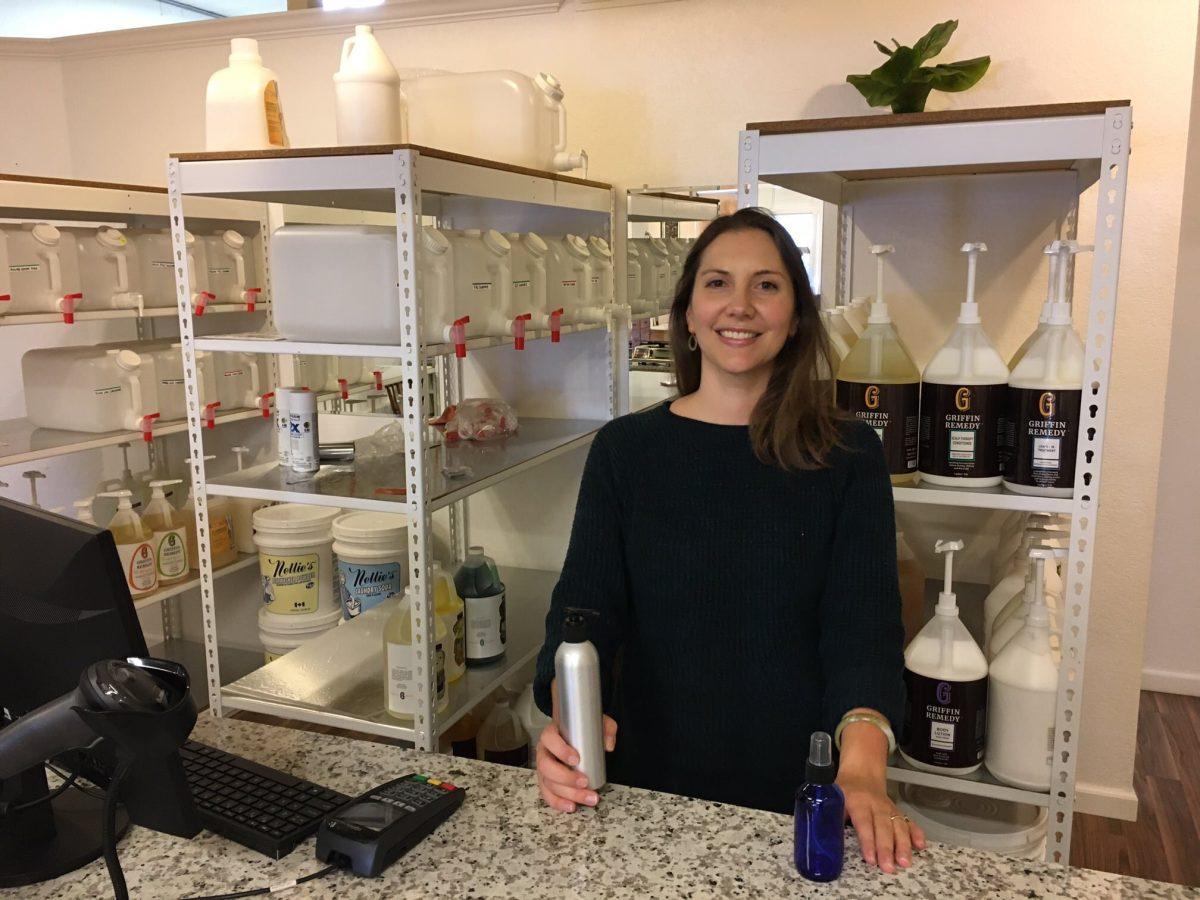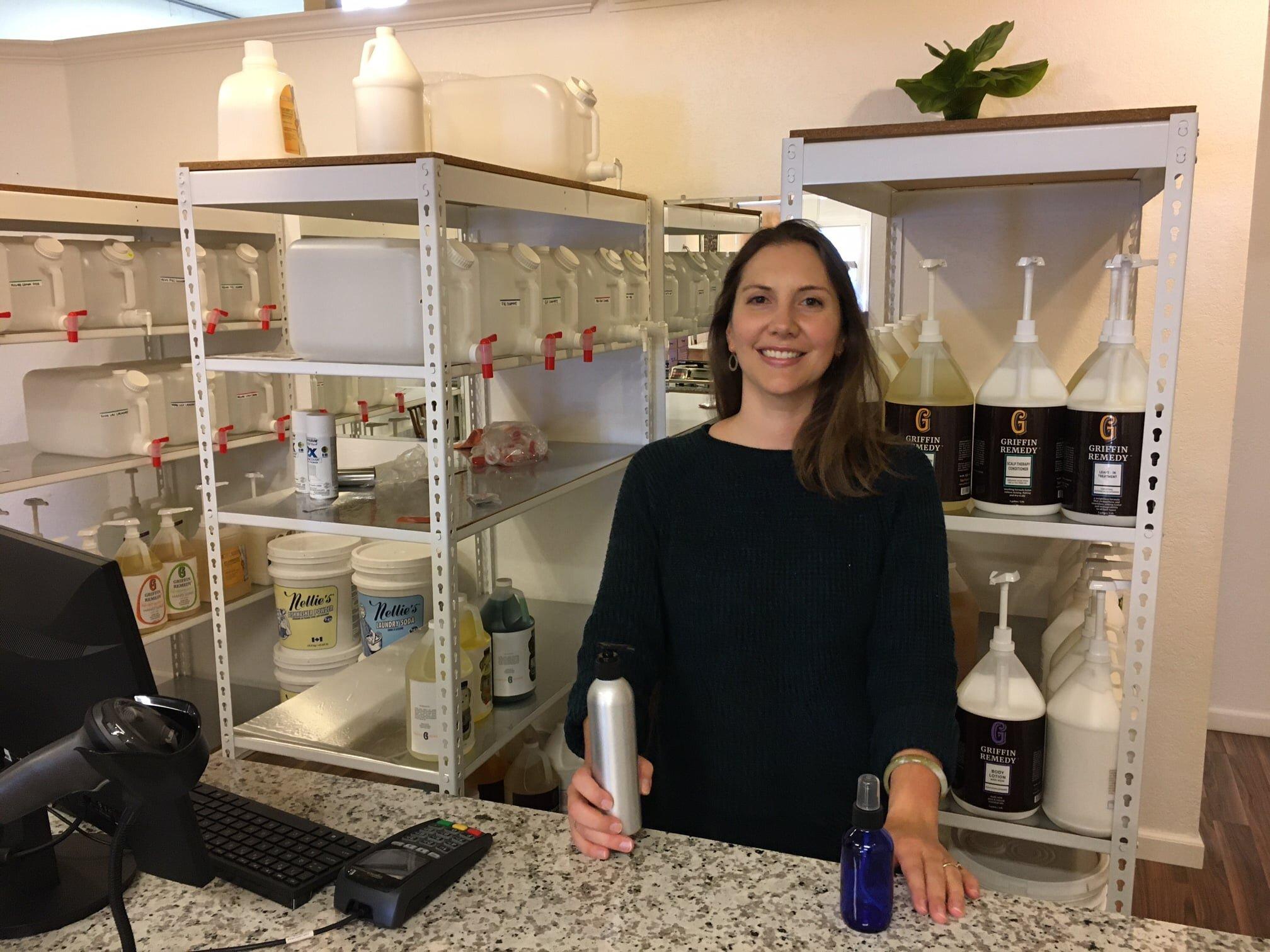Sonoma County has introduced its second refill and sustainable living store in the past year. Refill Madness opened its doors on Feb. 23 in Sonoma Valley located near Sonoma Market. They sell a range of household essentials including dish soap, shampoo, conditioner, hand soap, body wash and laundry detergent in bulk with the goal of customers returning with reusable jars and containers to stock up. Buying in bulk has become one of the many trends we have seen in the boom of sustainable living and being environmentally conscious in the past few years.
COURTESY // FACEBOOK
Jana Wang co-owner of Refill Madness said to the Press Democrat that she was inspired to open up the sustainable living store because of the excess free-time she had because of COVID-19. She hopes stores like this will help set a precedent that makes sustainable living more plausible and teach young children sustainable practices they can grow up with.
Sustainable living stores have been appearing more frequently across the country. The growth and expansion of this type of business model will be essential in more Americans living a sustainable lifestyle. To move the United States into space where the normal behavior revolves around this type of sustainable shop model, stores will need to open in more rural communities to promote this lifestyle to Americans of all social classes and demographics. Opening up shops outside of major cities is going to be a huge step in families implementing this kind of lifestyle as the precedent and aid in the trend of not running its course.
In a Harvard Business Review paper, Tensie Whelan and Randi Krinthal-Sacco looked at studies that tracked the growth of products marketed as sustainable. They found that “Products that had a sustainability claim on-pack accounted for 16.6% of the market in 2018, up from 14.3% in 2013, and delivered nearly $114 billion in sales, up 29% from 2013. Most important, products marketed as sustainable grew 5.6 times faster than those that were not. In more than 90% of the CPG categories, sustainability-marketed products grew faster than their conventional counterparts”. It is clear that an environmentally conscious lifestyle is desired among consumers. There is a growing understanding of the climate crisis it is pushing consumers to make even more sustainable choices. Brands are likely to continue to promote products that can be marketed as sustainable and leave consumers with a somewhat clear conscience.
Businesses that use the model Refill Madness has implemented are set to do well on paper. They are marketed towards a growing population that is conscious of the 2,072 pounds of waste sent to a landfill a single American is producing on average each year. While this model of store is growing across the country, they remain fairly scarce. This provides a growing need in our community and others that provides a place where consumers can shop semi-guilt-free about the amount of excess waste they are contributing to. If refill stores can fight the fad of becoming just a growing trend and last the test of an unpredictable market our world would be taking a big step in reversing the mistakes of single-use plastics.
Stores like Refill Madness are aiming to become the staple for household goods. With a growing number of Americans switching to zero-waste alternatives, sustainability stores are becoming a center for many communities. With the help from sustainability stores, offerings by Refill Madness help create a healthier environment for everyone.




































